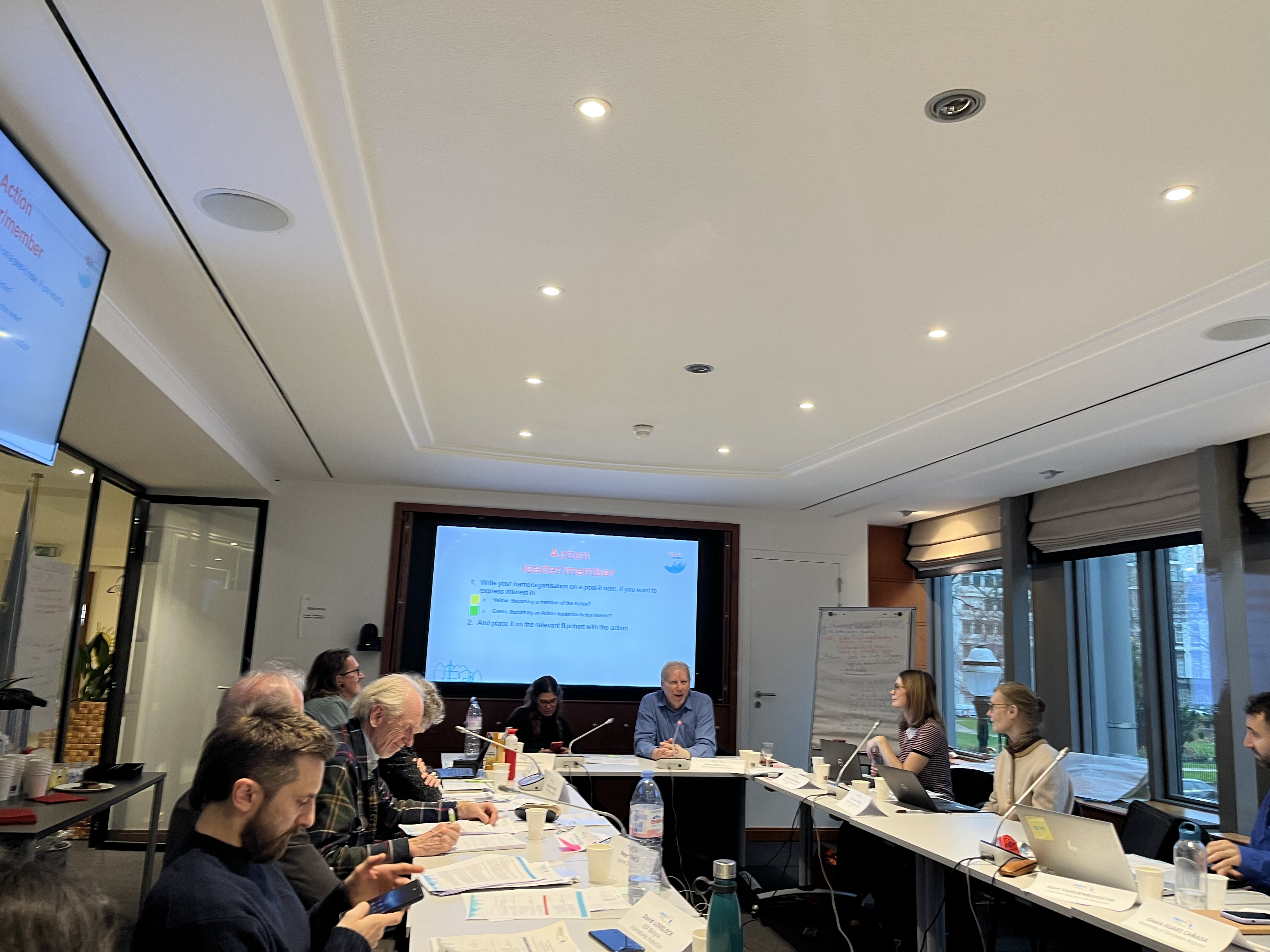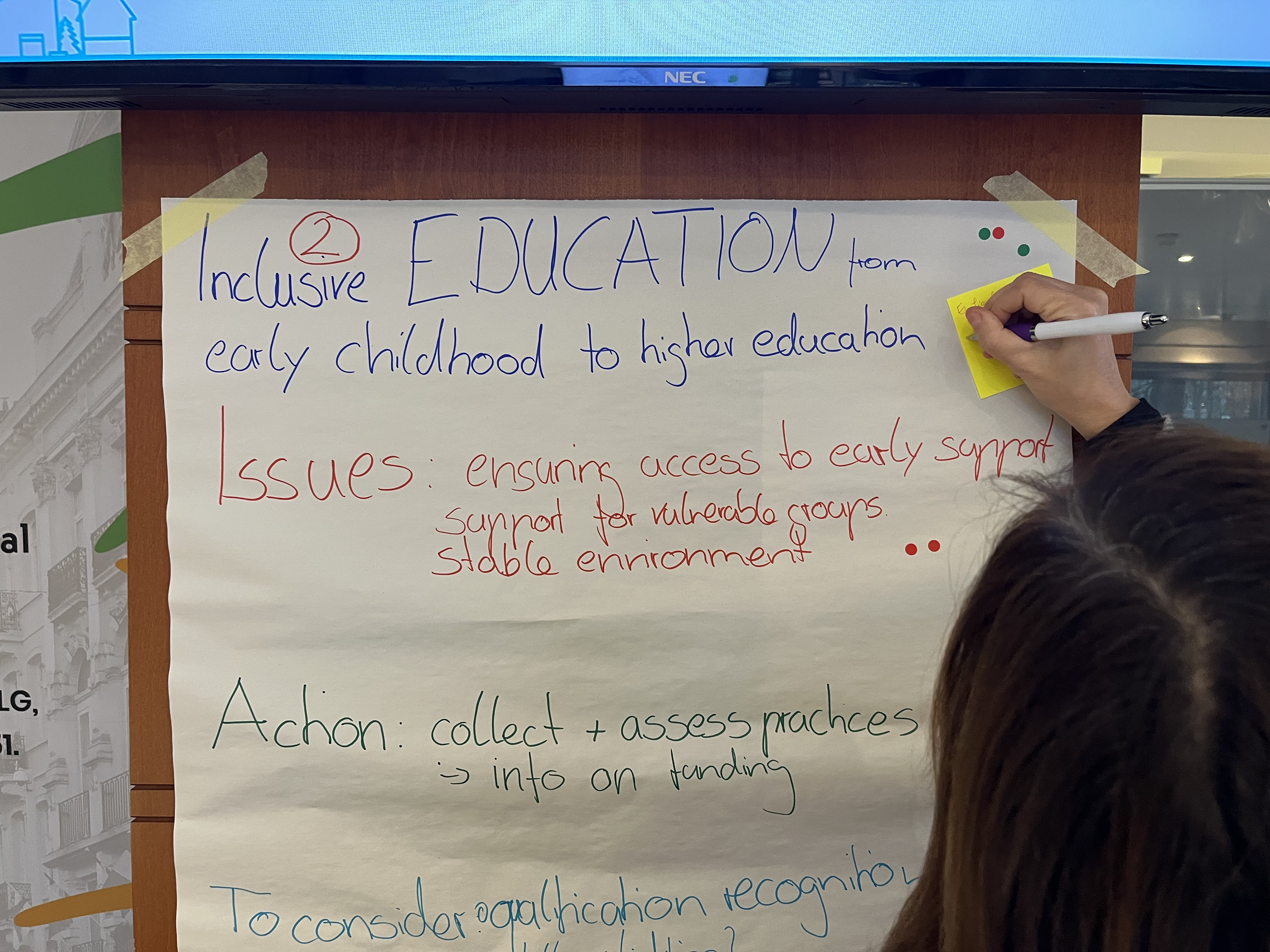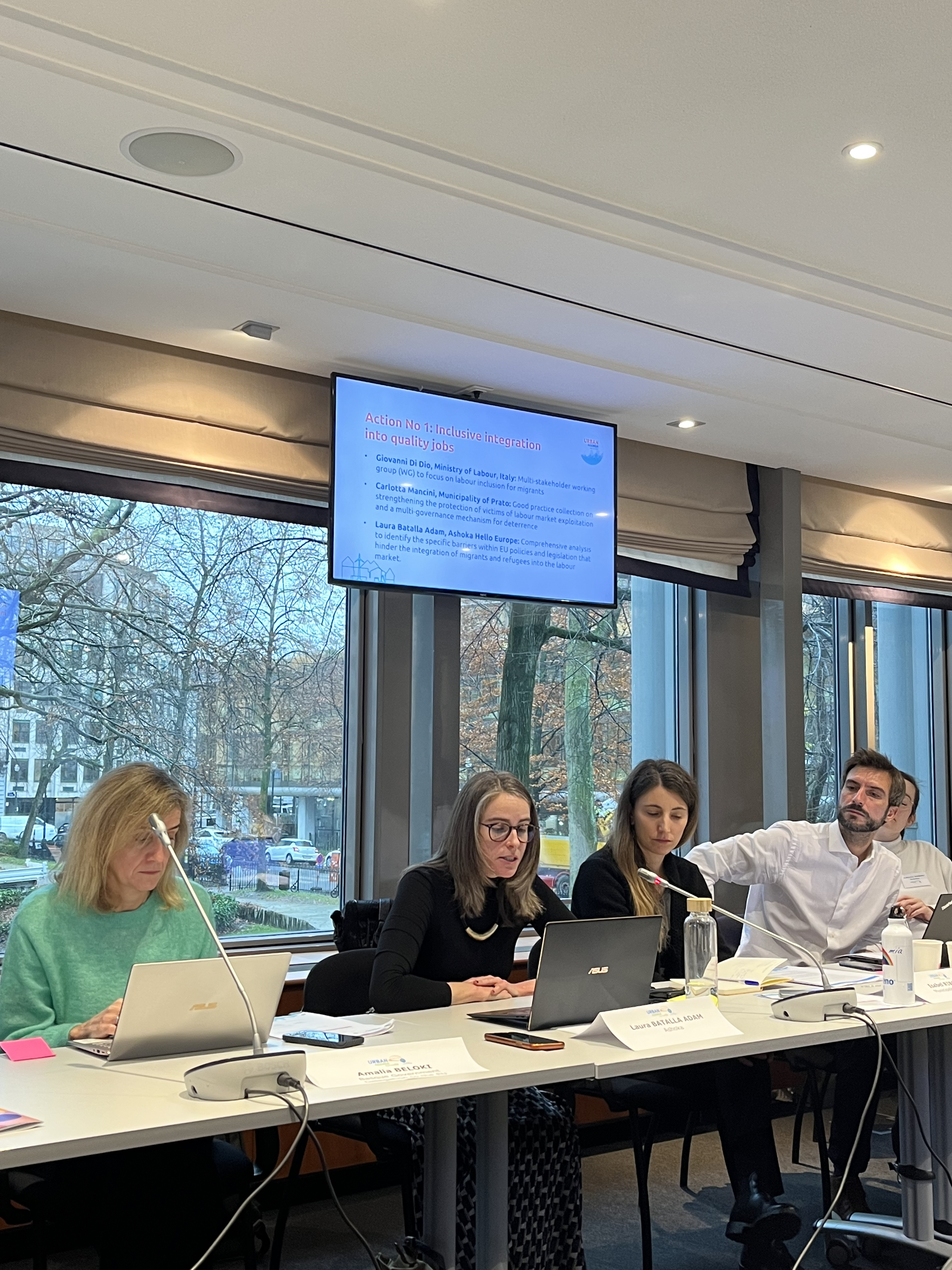
Cities of Equality and Inclusion Partnerships to Explore Avenues for Synergies
Fostering Collaboration
The event, chaired by the City of Amsterdam and supported by the European Commission’s Directorate-General for Migration and Home Affairs (DG HOME), marked a significant milestone in the definition of the actions that the partnership will be implementing in the next two years.

With an emphasis on addressing spatial segregation and promoting meaningful democratic participation, the Cities of Equality Partnership seeks to advance inclusive urban planning and ensure equitable access to local services.
These objectives resonate deeply with the priorities of the Inclusion Partnership, which include better understanding urban segregation patterns and advancing social inclusion for migrants, refugees, and other marginalised groups. The meeting underscored the potential for collaboration between the two partnerships, with shared goals providing a strong foundation for synergies.
Identifying Avenues for Potential Synergies
As the Inclusion Partnership finalises its work plan, narrowing down nine initial proposals to a targeted list of four actions, several areas of synergy with the Cities of Equality Partnership have emerged:
- Understanding residential choices and housing access: This action aims to collect granular data to better understand patterns of segregation and inform policies that promote diverse and inclusive communities. Collaboration in this area could benefit from the Cities of Equality’s expertise in tackling spatial segregation.
- Intersectional social inclusion practices: Both partnerships emphasise the importance of addressing the unique needs of marginalised groups, addressing challenges such as meaningful participation, access to health services, and social cohesion. Joint efforts could amplify the impact of these initiatives by integrating resources and knowledge-sharing mechanisms and lead to better recommendations to EU policymakers.
- Better EU funding instruments for equality and inclusion: As EU funding instruments are being discussed in the framework of the post-2027 Multiannual Financial Framework, the barriers faced by local authorities in accessing EU funding for inclusion and equality projects are high on the agenda of both partnerships. Joint activities could involve exchanging information on EU policy recommendations for better funding and on the barriers identified by local authorities.

A shared approach
Both partnerships are committed to leveraging knowledge-sharing, multi-stakeholder platforms, and evidence-based policymaking to address urban inequalities. The Inclusion Partnership is exploring the potential to convene policy labs and develop good practice toolkits, which are also under consideration by the Cities of Equality Partnership. With its holistic approach to urban equality and the integration of principles of intersectionality into EU policymaking, the Cities of Equality has the potential to complement the work being conducted by the Inclusion Partnership and contribute to expanding its reach.
Next steps
Moving forward, both partnerships plan to share finalised action plans to align goals and identify joint opportunities and exchange invitations to respective partnership meetings, capacity-building and mutual learning events.